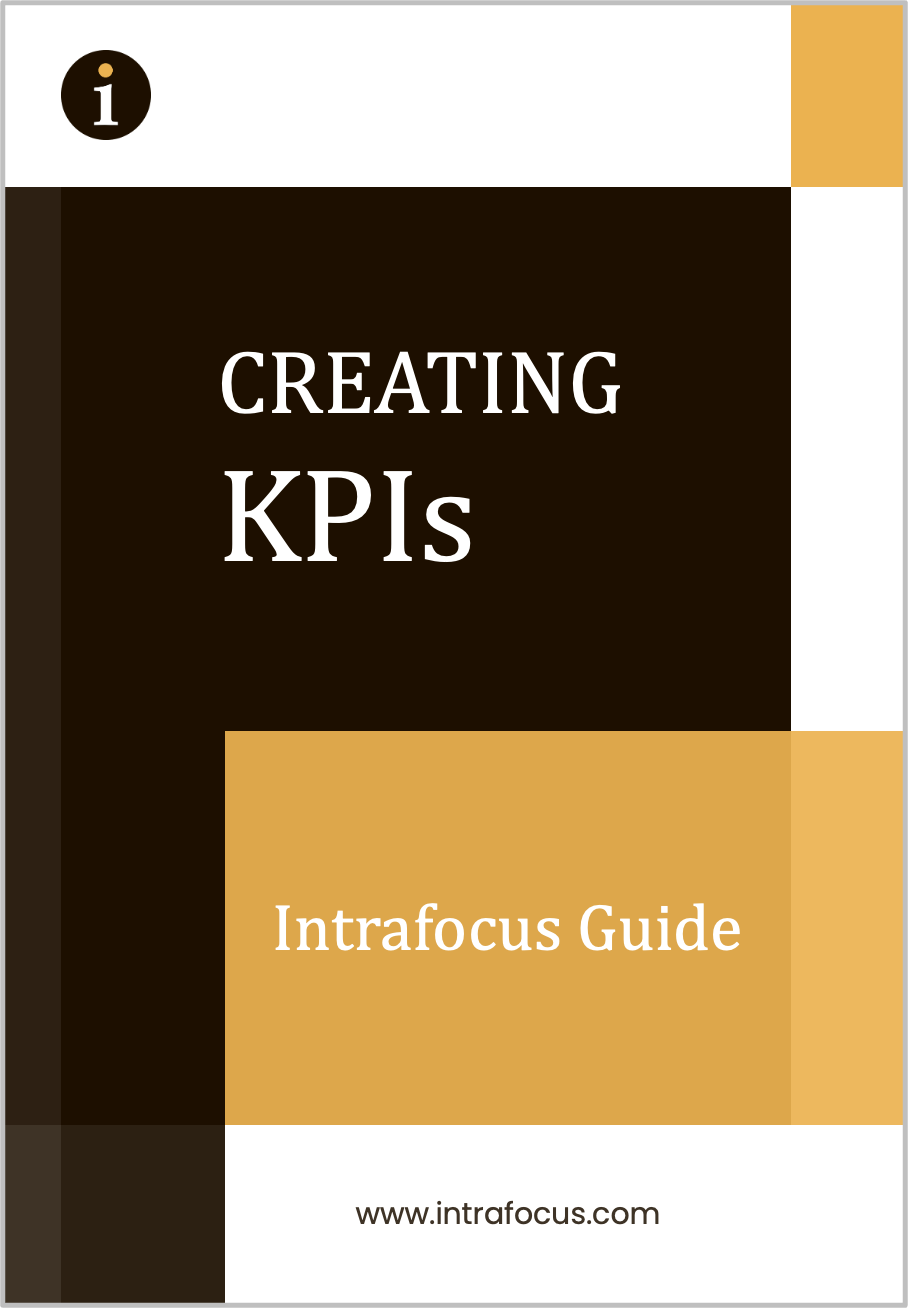Most medium to large organisations still manage their activities in a largely unstructured way. They undertake annual or quarterly ‘strategy’ sessions and monthly reviews and hold weekly status updates. But the content associated with these activities often based on PowerPoint slides and Excel spreadsheets.
There is rarely any connection between the activities or consistency in data and the task to create the report often takes place the night before the review. When questioned about the efficiency of their process the answer is usually something like: “We have always done it like this and it seems to work”.
Here are 10 reasons for business scorecard automation:
1. A business scorecard can force the alignment of strategy and operations and make people accountable for both.
2. An open and consistent measurement system better supports accurate and faster decision making and therefore reduces risk.
3 .Visibility of a single source of management information provides accountability based on real data, not subjective judgements based on anecdotal ‘evidence’.
4. By measuring process efficiency, information becomes available to determine what business process improvements should be made and when.
5. Best practice can be more easily identified and rolled out across the organisation with a common business scorecard system.
6. Over time the collection of data in a consistent format can be invaluable for forecasting and estimation of future costs.
7. All parts of the organisation can be engaged in the activity through the use of a common language and common set of reporting processes.
8. The act of introducing a business scorecard system forces the organisation to take a good hard look at what is being measured and why and thus remove redundancy.
9. It provides the means to standardise information and benchmark business performance with external agencies or between organisations.
10. All of the above will improve profitability by; reducing cost, increasing productivity and implementing the organisations vision.
There is no doubt that automating a business scorecard or balanced scorecard will provide considerable benefits to an organisation. So what are the biggest barriers? What is stopping organisations from implementing system right now? It certainly is not cost. The best business scorecard systems available today are Cloud based, they are easy to use, built for business people and are cheap.
There are two major reasons that these systems are not yet in widespread use; 1. There is a cultural change required – automated system generally require a greater level of transparency in management, this is often uncomfortable for managers and 2. Simply getting off the starting blocks – having to define a strategy, objectives, metrics and associated initiatives can be a daunting task when presented with a blank sheet. For those organisations that have taken the steps, there has been no turning back.


